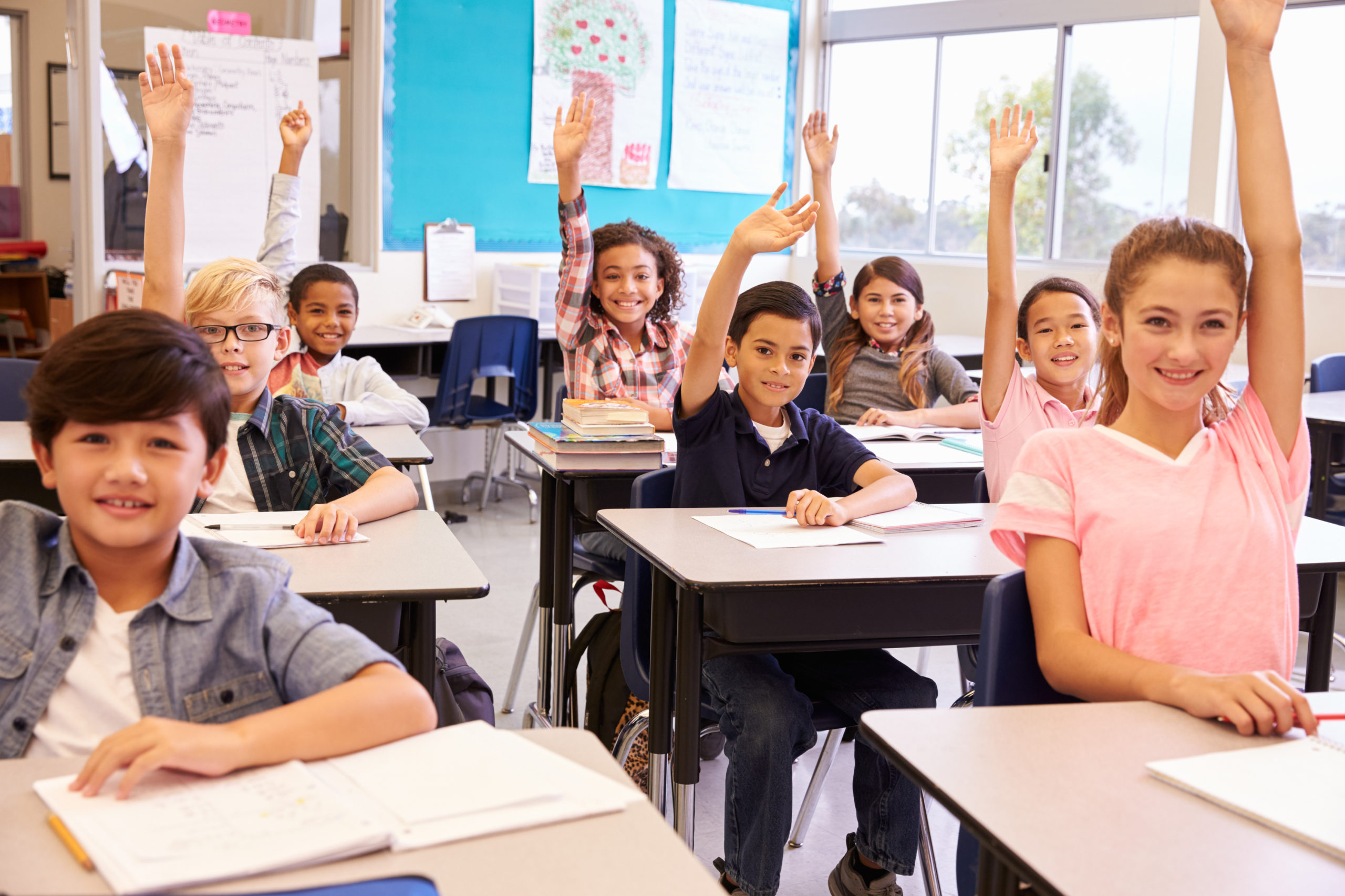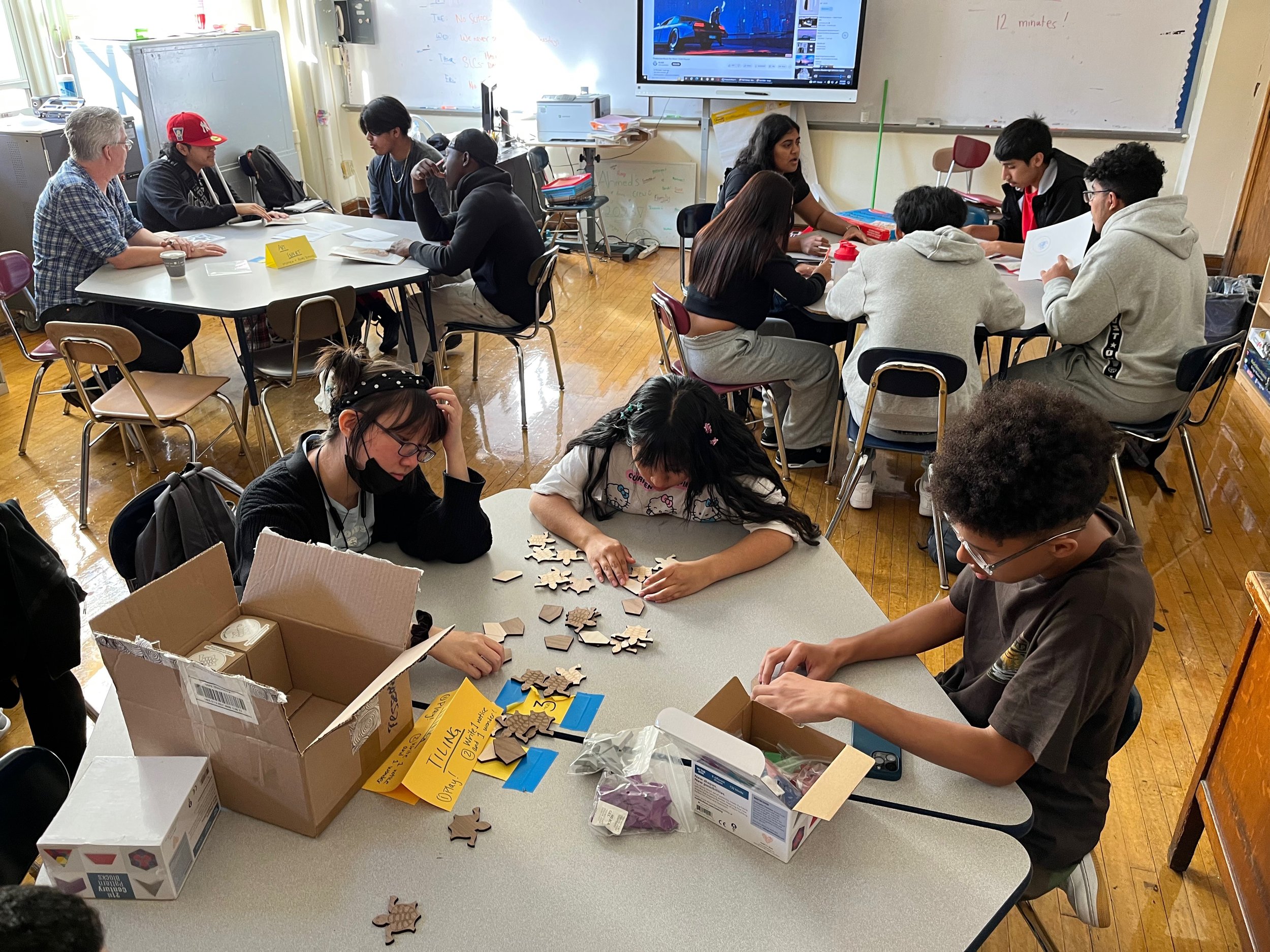Join the Movement to Save Temecula Schools: Community Action Needed!
Join the Movement to Save Temecula Schools: Community Action Needed!
Blog Article
Recognizing the Importance of Colleges in Kid Growth and Community Development
Schools function as critical establishments for kid advancement and area development, providing environments where scholastic achievements are complemented by the cultivation of social abilities and exposure to varied viewpoints. These educational settings not just advertise essential thinking and effective communication however additionally foster empathy with collaborative tasks. Colleges' interaction with regional areas via service-learning initiatives enhances the bond between households and educational organizations. This symbiotic connection underscores the relevance of institutions in nurturing active citizenship and lifelong understanding habits. What are the details devices by which these establishments accomplish such profound influences?
Academic Success
Academic accomplishment acts as a cornerstone of youngster growth, supplying the structure whereupon future understanding and success are developed. Institutions play an essential role in promoting this scholastic development, using structured settings where kids can obtain important understanding and cognitive abilities. Standard educational program ensure that trainees gain efficiency in core subjects such as mathematics, science, and language arts, which are vital for both college and professional chances.
In enhancement to passing on basic academic abilities, colleges also cultivate vital thinking, analytic capabilities, and intellectual interest. These cognitive competencies are important for browsing intricate real-world circumstances and adjusting to the ever-evolving needs of the modern work environment. Teachers, as facilitators of understanding, use diverse instructional methods to satisfy different understanding designs, therefore maximizing individual student possibility.
Furthermore, scholastic success is very closely connected to self-esteem and motivation. Children that experience scholastic accomplishments are most likely to develop a positive self-concept and a long-lasting passion for understanding. Schools likewise supply numerous resources, such as libraries and innovation, which better improve the instructional experience and prepare pupils for a technologically advanced culture.
Social Ability Development
Beyond academic success, the function of schools in social skill development is essential. Schools work as a primary location for children to discover and exercise vital social skills such as problem, participation, and interaction resolution. In the structured setting of a classroom, trainees engage with peers, instructors, and various other institution team, supplying various possibilities to establish these crucial abilities.
Efficient social ability growth in institutions is promoted via team tasks, collective projects, and extracurricular programs. These communications help students recognize social norms, develop empathy, and foster a feeling of community. For example, group assignments teach pupils exactly how to function with each other in the direction of a typical goal, listen to different point of views, and navigate arguments constructively.

The cultivation of social skills during college years lays a structure for future individual and expert connections. Save Temecula Schools. As pupils grow, the ability to efficiently connect and team up ends up being significantly vital, highlighting the institution's vital duty in alternative kid development
Direct Exposure to Variety
Exposure to variety in schools is fundamental to cultivating an inclusive mindset and widening students' viewpoints. Schools act as a microcosm of the more comprehensive society, and encountering varied societies, languages, and socioeconomic histories within this atmosphere furnishes trainees with vital abilities for browsing a significantly globalized world. This blog exposure urges empathy, minimizes bias, and advertises mutual respect among peers.
Varied class also improve social and cognitive growth. Research study indicates that students that interact with peers from varied histories display better analytical skills and creative thinking. They discover to appreciate various viewpoints, which enriches class conversations and cultivates a much more vibrant knowing experience. Moreover, this understanding of variety prepares students for future work environments that value multicultural skills.

Community Engagement
The advantages of diverse classrooms prolong past the college wall surfaces, fostering a solid sense of community interaction amongst pupils. By engaging with peers from various cultural, socioeconomic, and ethnic histories, trainees obtain a wider point of view and a gratitude for diversity. This exposure motivates them to come to be active people who want to add favorably to their communities.
Institutions that stress area engagement frequently integrate service-learning tasks, which enable trainees to deal with real-world issues while applying scholastic skills. These tasks not only boost trainees' understanding of their coursework however additionally check my blog impart a sense of responsibility and compassion. Additionally, collaborations between institutions and neighborhood companies supply trainees with possibilities to get involved in neighborhood events, better solidifying their function as aggressive community members.
In addition, parental and neighborhood involvement in institutions reinforces the bond between schools and the areas they serve. When colleges open their doors to neighborhood occasions, workshops, and volunteer opportunities, they develop a collaborative environment that profits all stakeholders. This mutual support system guarantees that trainees obtain alternative growth, preparing them to come to be well-shaped individuals who value and contribute to their neighborhoods. With these efforts, colleges play a crucial function in nurturing area interaction and cultivating societal growth.
Lifelong Learning Practices
Establishing lifelong learning practices is essential for a kid's continuous growth and flexibility in an ever-changing world. Institutions play a pivotal duty in instilling these behaviors by creating an atmosphere that fosters curiosity, critical reasoning, and a love for expertise. Via diverse curricula and after-school activities, instructors motivate students to explore different subjects, evaluate information critically, and apply their finding out to real-world situations.

In addition, colleges offer a structured atmosphere where youngsters can develop self-control and time administration abilities, both of which are important for continuous understanding. By emphasizing the relevance of setting goals, mirroring on development, and adjusting strategies, instructional organizations prepare students to navigate the complexities of adult life, ensuring they stay long-lasting learners and factors to culture.
Final Thought
Finally, schools are vital in cultivating youngster development and community development by giving settings for academic accomplishment, social skill growth, and direct exposure to variety. Via collaborative tasks and communications, colleges improve important reasoning, compassion, and communication skills. Area involvement initiatives additionally reinforce the bond between universities navigate to these guys and local areas. Eventually, schools grow long-lasting understanding routines, gearing up individuals with the necessary knowledge and skills to contribute positively to culture.
In the organized atmosphere of a classroom, pupils interact with peers, teachers, and various other institution personnel, using countless possibilities to create these essential abilities.
In essence, direct exposure to diversity within colleges not just enhances private trainees but additionally enhances the social textile of the area as a whole.
The benefits of varied class extend beyond the institution wall surfaces, fostering a strong sense of area interaction amongst students.Colleges that highlight community interaction often include service-learning tasks, which allow pupils to resolve real-world troubles while applying academic abilities. Collaborations in between colleges and local companies offer trainees with chances to take part in neighborhood occasions, further solidifying their duty as proactive community members.
Report this page